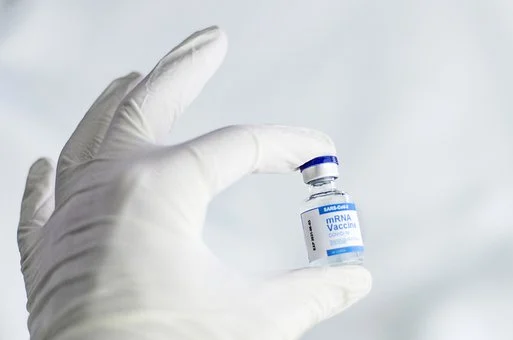TMS Clinical Services Guidelines This COVID-19 Pandemic That You Need to Know
With the increase of Covid-19 cases comes the increase of adults suffering symptoms of depression and anxiety. The amount of people with mental illnesses causes great strain to mental health centers that have been put on the back burner for quite a number of years. Due to this, people who have been suffering mental illnesses since before and during the pandemic sought help using virtual treatments such as telemedicine and teletherapies.
In order to still be able to make treatments possible, mental health centers have had to follow proper safety protocols to ensure the safety of their clients as well as their mental health professionals.
Patients that come in for TMS treatments should follow TMS clinical services guidelines for COVID-19. Regardless of the current predicaments of the mental health centers, they are still persevering in order to give treatments to their patients that need them the most.
COVID-19 Effects on Mental Health Treatment

Mental treatment during COVID-19 has to adapt to the lockdowns and quarantines that different countries have implemented to decrease the number of cases. Safety precautions ensure that both the mental health professionals as well as their clients have treatments as safely as possible. Masks are a must when inside for clients while professionals have been provided with PPEs.
These are very important precautions because teletherapies are not meant for everyone. Some clients require special treatments such as NIBS or non-invasive brain stimulation. Clients that experience severe symptoms get these types of treatments.
Ongoing Mental Health Treatments During COVID-19
Mental health treatments have come a long way since the 16th century. From borderline unethical treatments to inhumane facilities for patients. Mental health professionals are continuing to push the boundaries of treatments for patients that need it the most. With COVID-19 endangering not only the health but also the livelihoods of everyone, paving new ways for more mental health treatments is more important than ever.
As mentioned above, telemedicine and teletherapies have made therapy available for patients but there is still ongoing research for NIBS treatments that could help patients with depression and anxiety; one of these researches is the use of TMS.
What is TMS?

TMS is an NIBS treatment that uses magnetic fields to stimulate nerve cells that may improve symptoms of mood disorders such as depression. When a patient is undergoing this treatment, an electromagnetic coil is placed on their scalp near the forehead. This sends repetitive magnetic pulses to a part of the brain responsible for mood control. These pulses activate these regions to decrease symptoms of depression. This is a fairly new treatment for depression that haven’t had any positive response to typical treatments.
Due to its recent certification from the FDA, there is still a lot to know about these treatments. The COVID-19 pandemic does not affect research regarding TMS or Transcranial magnetic stimulation therapy. In fact, research about other NIBS heightened due to the mental health consequences that the pandemic has brought.
Is COVID Vaccine Essential for TMS Therapy?

TMS clinical services guidelines for this COVID-19 pandemic states that both the client and the mental health professionals such as the physicians and the technicians needs vaccination for the therapy to happen. This would ensure that mental health centers that provide TMS therapy would be able to operate.
There has not been any research that shows that COVID-19 vaccines affect the treatments. However, this would ensure that all the parties involved in performing these treatments are safe. The Clinical TMS Society has also strongly recommended taking the vaccine in order to make sure that centers would remain COVID-19 free until the country was able to reach herd immunity.
TMS Clinical Services Guidelines This COVID-19 Pandemic
To ensure the continuous operation of mental health centers with TMS therapy, there are some guidelines that patients should expect when getting their treatments. First is to expect social distancing and disinfection. Sterilization of all the NIBS-related equipment is important before you come in. The implementation of telemedicine also reduce any in-person meetings for therapists and patients. These guidelines would help patients to still continue their treatments even during the pandemic.
Conclusion
Taking care of your health holistically is important. With that being said, a person should not only take care of their physical health but also their mental health. It is important to ensure that you and your family stay healthy physically and mentally. This is important because COVID-19 has had dire consequences on everyone’s livelihood.
Financial stress may happen because of losing jobs or business closure due to lockdowns and other COVID-19 protocols. Fear of contracting the virus is also a consequence of this pandemic. The constant fear that you might contract the virus and pass it to your loved ones is a thought that has been common for anyone. Though many have had a negative impression of utilizing mental health centers to take care of their psychological health, talking it out with a professional really does help alleviate the stresses that come with this pandemic.
Coming to a mental health center does not make you crazy nor does it make you look weak. Being able to find the courage to seek help and to open up is bravery of its highest form. Anyone who wants to seek help because they are feeling anxious or depressed during this pandemic should not be afraid to take the first step for better mental health.
